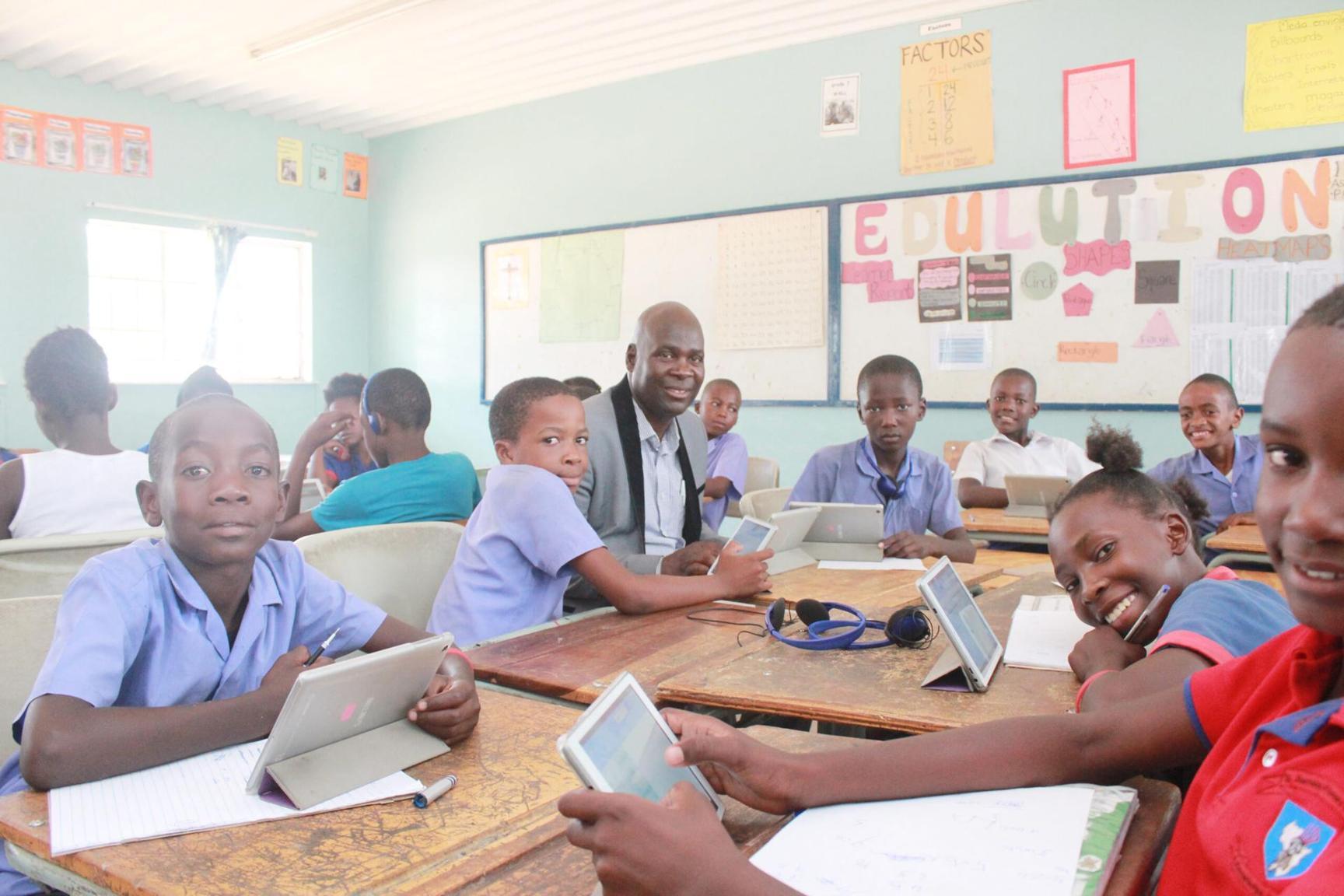Africa-Press – Namibia. Namibia’s education system is under strain, with recent data showing that 70% of Grade 3 pupils struggle with basic reading and numeracy skills.
This alarming revelation was confirmed by education minister Sanet Steenkamp, when she addressed Parliament recently.
She described the situation as a “foundational literacy and numeracy emergency.”
“This is not just an education issue but a national development issue,” said Steenkamp.
The minister stressed that “without strong foundational learning, we are crippling our children’s future and undermining the country’s long-term economic growth and stability.”
According to the 2024 National End-of-Phase Grade 3 Literacy and Numeracy Assessment, only 32% of pupils achieved the minimum pass rate of 40%, while 5% scored above 75%. However, 82% failed to demonstrate the expected counting competency while 62% struggled with comparing numbers and 70% could not understand place value up to 999.
Literacy outcomes were similarly troubling as only 28% of the children passed with at least 40%, and just 3% exceeded 75%. One of the most common issues was the inability to distinguish between the letters “b” and “d.”
Steenkamp acknowledged there are “pockets of excellence” in regions such as Oshana, Erongo and Khomas, where more than 20% of the pupils demonstrated higher-order thinking skills and strong written expression. However, she stressed, “the national picture demands urgent and collective intervention.”
Left behind
Additionally, she said the situation was even more dire for children with visual and hearing impairments.
At Windhoek’s School for the Visually Impaired, “only one out of 15 learners met the basic literacy competencies, and none met the numeracy requirements. At Eluwa Resource School, none of the seven visually impaired pupils met literacy standards, and only two met numeracy benchmarks.”
According to the assessment, among hearing-impaired children at Eluwa Resource School, eight of 17 learners met literacy competencies, but none achieved the numeracy minimum. Similarly, at the School for the Hearing Impaired in Khomas, none of the eight assessed learners passed either literacy or numeracy.
“These results highlight a systemic gap in inclusivity. We must do more to support children with disabilities through tailored interventions and accessible learning materials,” said Steenkamp.
Intervention
It is, however, not doom and gloom as some measures have been introduced to address the learning poverty, Steenkamp said.
To this end, the ministry has rolled out a series of literacy initiatives, notably the Jolly Phonics and Jolly Grammar programmes, which began in 2022. These programmes have reached more than 1 000 schools, trained more than 2 600 teachers and benefited around 90 000 pupils, the minister said.
Last year, Jolly Grammar 1 expanded the effort to Grade 2 learners, with 2 742 teachers and 651 heads of departments (HoDs) trained to monitor implementation using the Jolly Monitor App. This year, Jolly Grammar 2 targets 2 678 Grade 3 teachers and 225 HoDs, with more than N$4 million allocated for training and materials.
“We have recorded high participation rates among teachers and HoDs, and feedback on the training content and quality has been overwhelmingly positive,” said Steenkamp.
The minister added: “We are now seeing improved confidence and knowledge in teaching phonics and grammar.”
Steenkamp admitted that delays in the delivery of materials and the high cost of in-service training continue to hinder consistent implementation, particularly where Jolly Phonics was not properly rolled out in lower grades, making progression in Grade 3 difficult.
Numeracy
On the numeracy front, Steenkamp said in 2025, the ministry introduced the Engeza Numeracy Roadmap, a strategic plan aimed at improving mathematics instruction from pre-primary to Grade 3. This roadmap focuses on curriculum alignment, teacher preparation, and the provision of quality teaching and learning materials.
“Early-grade numeracy is now a top priority. We are revising the curriculum to match learner readiness and provide teachers with practical, classroom-based support,” Steenkamp noted.
She added that efforts are underway to harmonise pre-service training and equip teachers to deliver content confidently in both the language of instruction and in preparation for Grade 4 transitions.
Meanwhile, the minister said the official launch of the End Learning Poverty for All in Africa (ELPAF) campaign in Namibia is scheduled to take place from 29 to 31 July 2025 in Outjo, Kunene region.
She described the national launch as “a pivotal moment, reaffirming Namibia’s dedication to inclusive, quality education in alignment with Sustainable Development Goal 4 (SDG 4).”
For More News And Analysis About Namibia Follow Africa-Press






